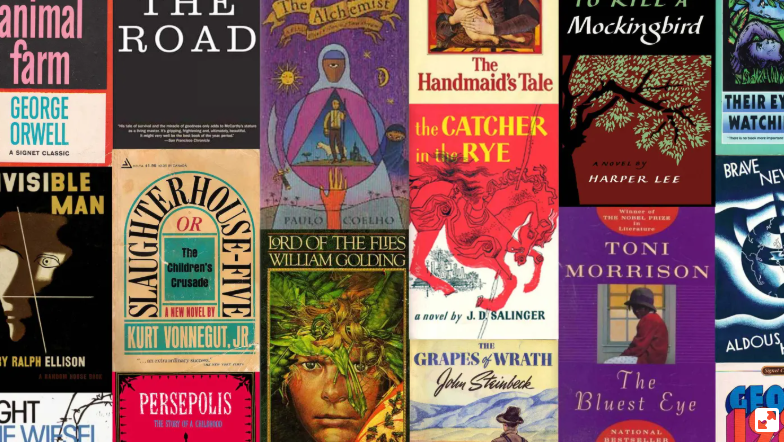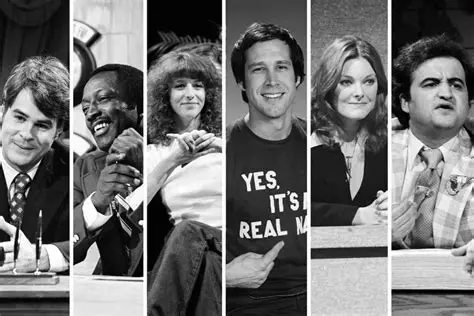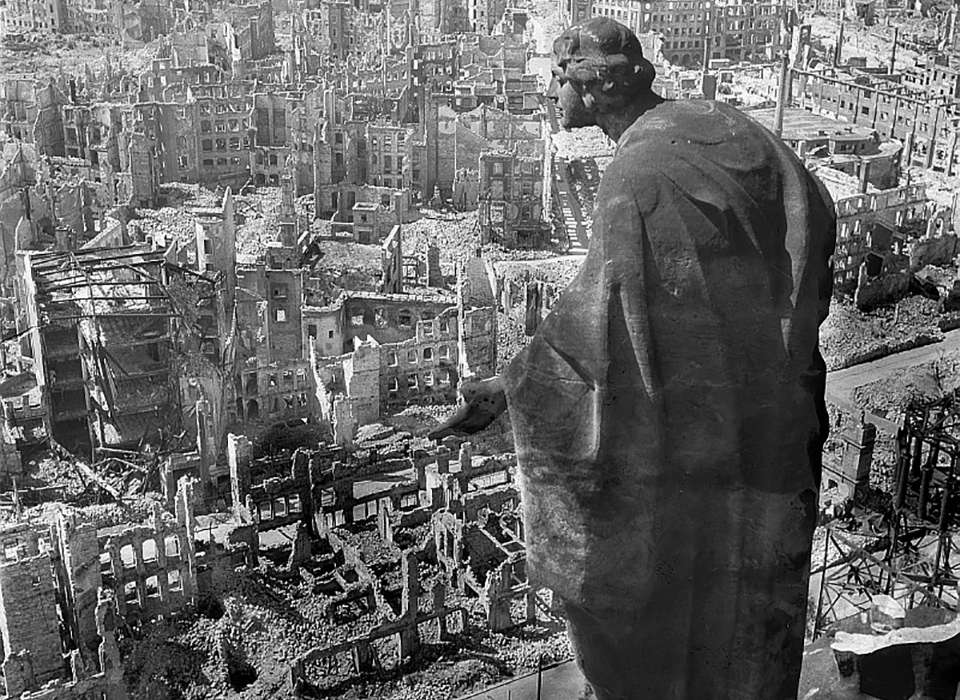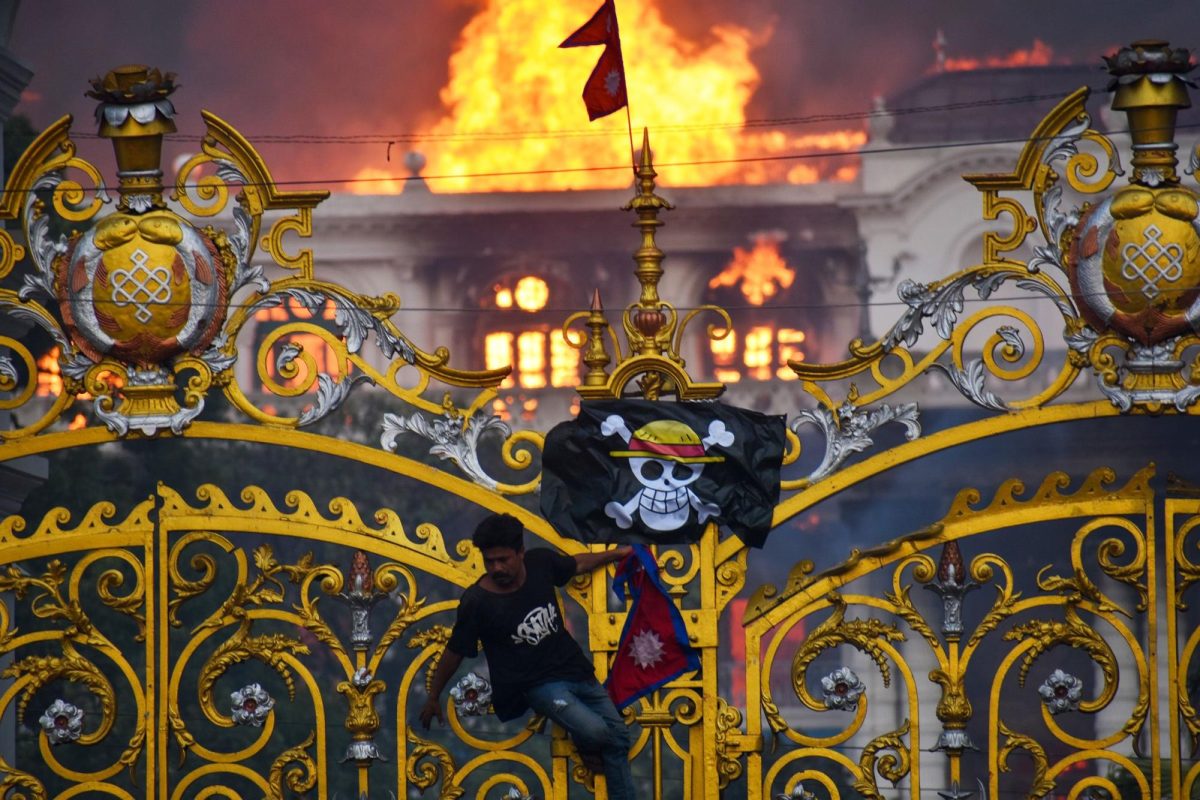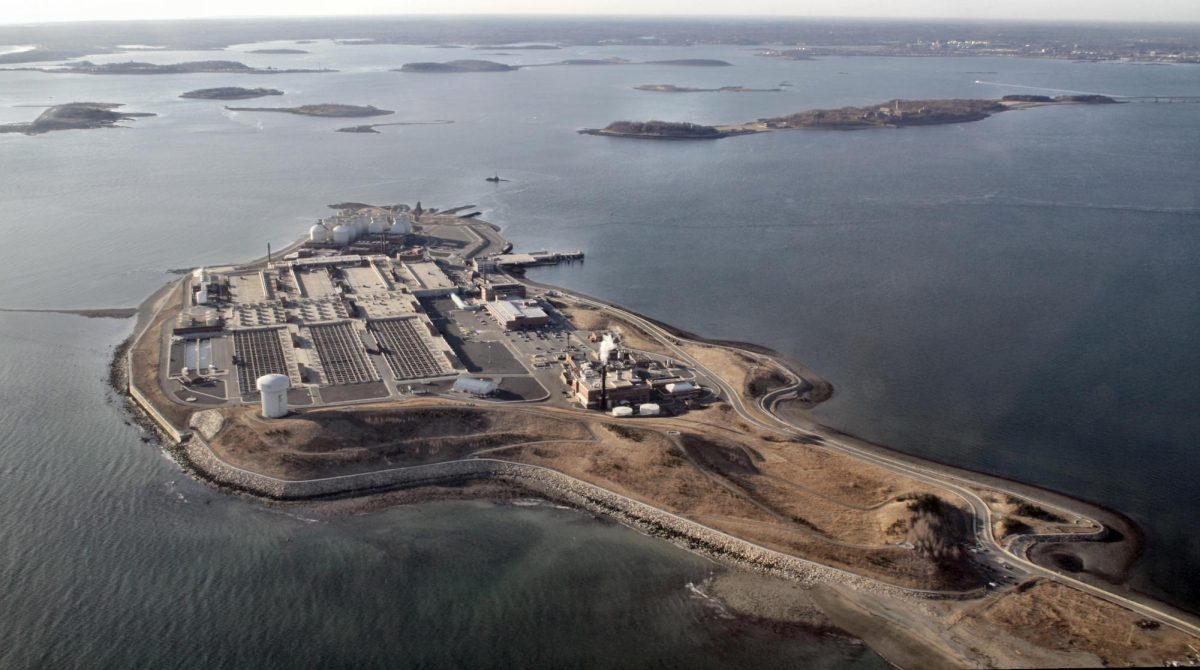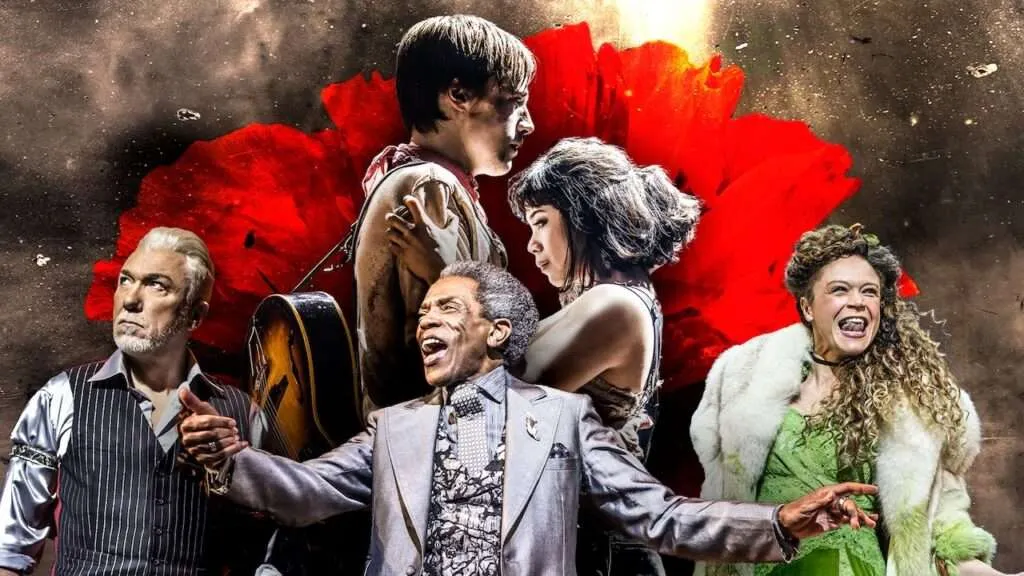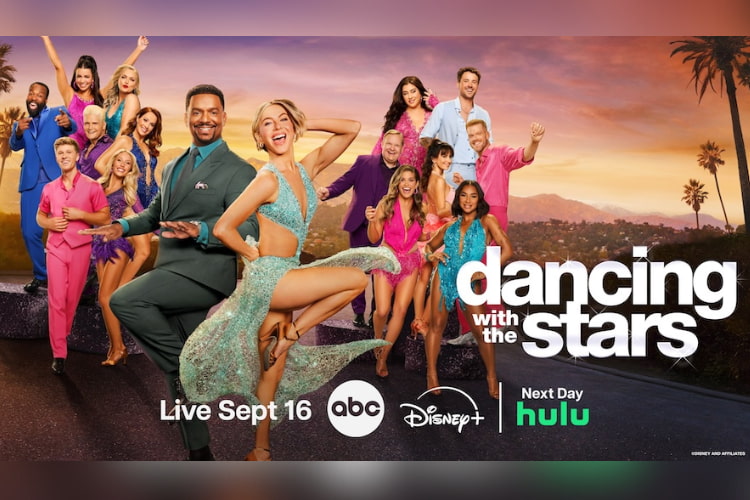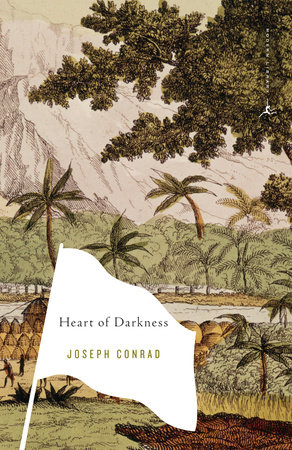
One of the most difficult novels I have ever read has to be Heart of Darkness, and I don’t say that lightly. I love classic literature, often struggling through many a hard book, yet none have been quite as arduous as this one. Published in 1899 by Joseph Conrad, the story has cemented itself into the literary canon, although its status has been quite precarious. Debates have been sparked over this novel; people argue whether or not the story is helpful or harmful, whether it successfully critiques imperialism or instead perpetuates more hate. I do believe there is something to be found in those perplexing pages, but I don’t think the intended effect resonates well with contemporary readers.
The novel follows Charles Marlow, a seaman telling his fellow boat mates about his time spent in the Congo. While he is there develops an obsession with Kurtz, an ivory trader who is incredibly skilled at what he does, though later revealed to be mentally unstable. The horrors of European imperialism in Africa are subtly demonstrated; while nothing is said to explicitly criticize what has occurred, the reader is able to deduce the horror (get it?) from the mere descriptions Marlow provides. While people do say that the novel as a whole is a criticism of European imperialism, I think the wrong author chose to do this. To be frank, people of color, specifically black people, are horrifically depicted. I found certain scenes just plain sad to read, though this may have been the intended effect. In all honesty you really grow to hate the characters. They are just plain racist, and I did not appreciate it. Marlow is better than the rest, but I don’t think that overlooks everything else he perpetuates. While he may occasionally express some sort of sympathy, he is still actively contributing to the events he is discomforted by.
At the end of the novel, when Marlow finally meets Kurtz, he finds him mentally unwell. Some say this was done to demonstrate that in “proper” society, the “savage” within all men is carefully hidden, but when he enters the jungle where society is “uncivilized”, then the savage can no longer be contained. I can understand this point of view in terms of society, but I believe the categorization of a culture that is not European as wild and uncivilized is in very simple terms racist. I think if this had been done in some other context, where the natives of a place were not automatically being deemed as inferior it would have had more impact, but in categorizing them this way Conrad took a very important point on human nature and the society we have built and effectively smothered it. I did appreciate the criticism on social expectations and how meaningless they truly are, but like I said I think this could have been done in a different way, possibly showing appreciation for different cultures rather than disrespect.
As Achebe said in An Image of Africa , Conrad is quite plainly a racist. Though he may criticize imperialism, his description of Africa and black people shows a deep-rooted sense of superiority. That is my main criticism of this novel; the beautiful prose and forced reflection on society are not enough to mask the thick scented smell of racism, and while it may be considered a classic there is nothing that can excuse that. I wanted so badly to love this book, but I just can’t. Although I do have to say this book may merit a reread to be properly understood, from what I read the first time around I am not compelled to pick it up again.



